The following post comes from Cala Coffman, a 2L at Scalia Law and Research Assistant at C-IP2.
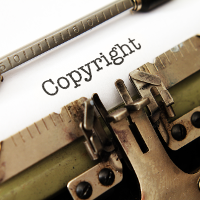 At the recent C-IP2 conference entitled IP on the Wane: IP on the Wane: Examining the Impacts as IP Rights Are Reduced, one panel discussed the current state of copyright law, the pressures it has come under in recent years, and their differing perspectives on how the digital world is shaping copyright. Read more
At the recent C-IP2 conference entitled IP on the Wane: IP on the Wane: Examining the Impacts as IP Rights Are Reduced, one panel discussed the current state of copyright law, the pressures it has come under in recent years, and their differing perspectives on how the digital world is shaping copyright. Read more


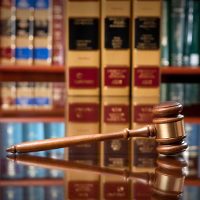 By Liz Velander
By Liz Velander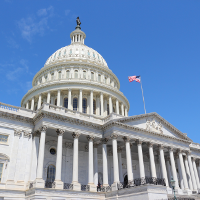 By Liz Velander
By Liz Velander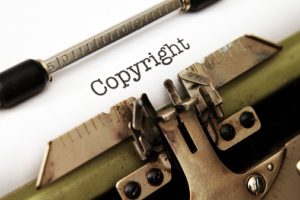 The U.S. Copyright Office released its long-awaited report on
The U.S. Copyright Office released its long-awaited report on 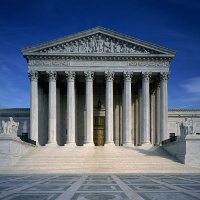 Earlier this week, the Supreme Court handed down its
Earlier this week, the Supreme Court handed down its  It’s been six weeks since the Copyright Alternative in Small Claims Enforcement (CASE) Act (
It’s been six weeks since the Copyright Alternative in Small Claims Enforcement (CASE) Act ( In
In